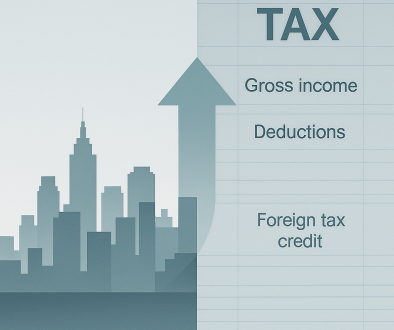Emir Aksoy LL.M., LL.M. IP
Confidentiality Agreements or also known as Non-Disclosure Agreements (NDAs) are often used between companies in order to protect their confidential information, developed technology, know-how and/or trade secrets that might be given to the receiving party during their interaction.
The general industry practice is to keep these NDA’s as short as possible in order to make them appear as simple and straightforward agreements, so that they will not raise any red flags when reviewed by an uneducated eye. Unfortunately, many of the startups and/or small businesses fall for this trap and tend to sign these NDA’s without consulting an attorney first, which generally results in these companies agreeing to detrimental provisions that may potentially cause problems for them in the future. This is especially the case for small tech startups where technology and know-how are the most valuable assets of that company.
For such startups and small businesses, agreeing to such NDA’s without consulting an attorney first may lead to the unintentional free transfer of technology and know-how to another company looking to exploit these startups. Another common occurrence in practice is that bigger companies looking for a cooperation with small businesses and/or tech startups for the innovation of either a new technology or a product, tend to flat out decline to sign any NDAs prior to the related patent application of the disclosing party, which may also cause huge problems for the small businesses.
The general industry practice is to keep these NDA’s as short as possible in order to make them appear as simple and straightforward agreements, so that they will not raise any red flags when reviewed by an uneducated eye. Unfortunately, many of the startups and/or small businesses fall for this trap and tend to sign these NDA’s without consulting an attorney first, which generally results in these companies agreeing to detrimental provisions that may potentially cause problems for them in the future.
This is especially the case for small tech startups where technology and know-how are the most valuable assets of that company. For such startups and small businesses, agreeing to such NDA’s without consulting an attorney first may lead to the unintentional free transfer of technology and know-how to another company looking to exploit these startups.
Another common occurrence in practice is that bigger companies looking for a cooperation with small businesses and/or tech startups for the innovation of either a new technology or a product, tend to flat out decline to sign any NDAs prior to the related patent application of the disclosing party, which may also cause huge problems for the small businesses.
In order to guarantee the safety of the confidential information in any dealing, the following provisions should be thoroughly examined when signing an NDA:
- The definition of Confidential Information: What is deemed as confidential information should clearly and strictly defined under an NDA, failure to do so might result in the unintended loss of confidential information to another company.
- The term of the Agreement: A time limit should be set regarding the term of the obligation of the Receiving party. Setting a short term time limit to protect the confidential information risks losing the confidential status of the relevant information/technology which may again lead to the unintended free transfer of such information It is self-evident that some trade secrets define the market value of the company, therefore NDAs regarding such important trade secrets like the recipe of Coca Cola would incorporate and unlimited term of protection in order to guarantee the interests of the company. Therefore, the term should be determined according the nature of the information disclosed, as it can either be an ordinary confidential information or a trade secret. In case of a trade secret it is highly recommended to set an indefinite term for the contract.
- Contractual penalty: In case of a breach of the NDA a contractual penalty could be set between parties due to the difficulty of calculation of the damages incurred.
- Non-compete clauses: Some disclosing parties try to put non-compete clauses in the NDAs which might limit the options of your company, therefore they should be evaluated carefully.
- Attorney and Court Fees: The attorney and court fees in case of a breach can be passed to the receiving party through an article in the NDA.
If you have further questions to this topic, please don’t hesitate to contact us via the inquiries section in our website.




